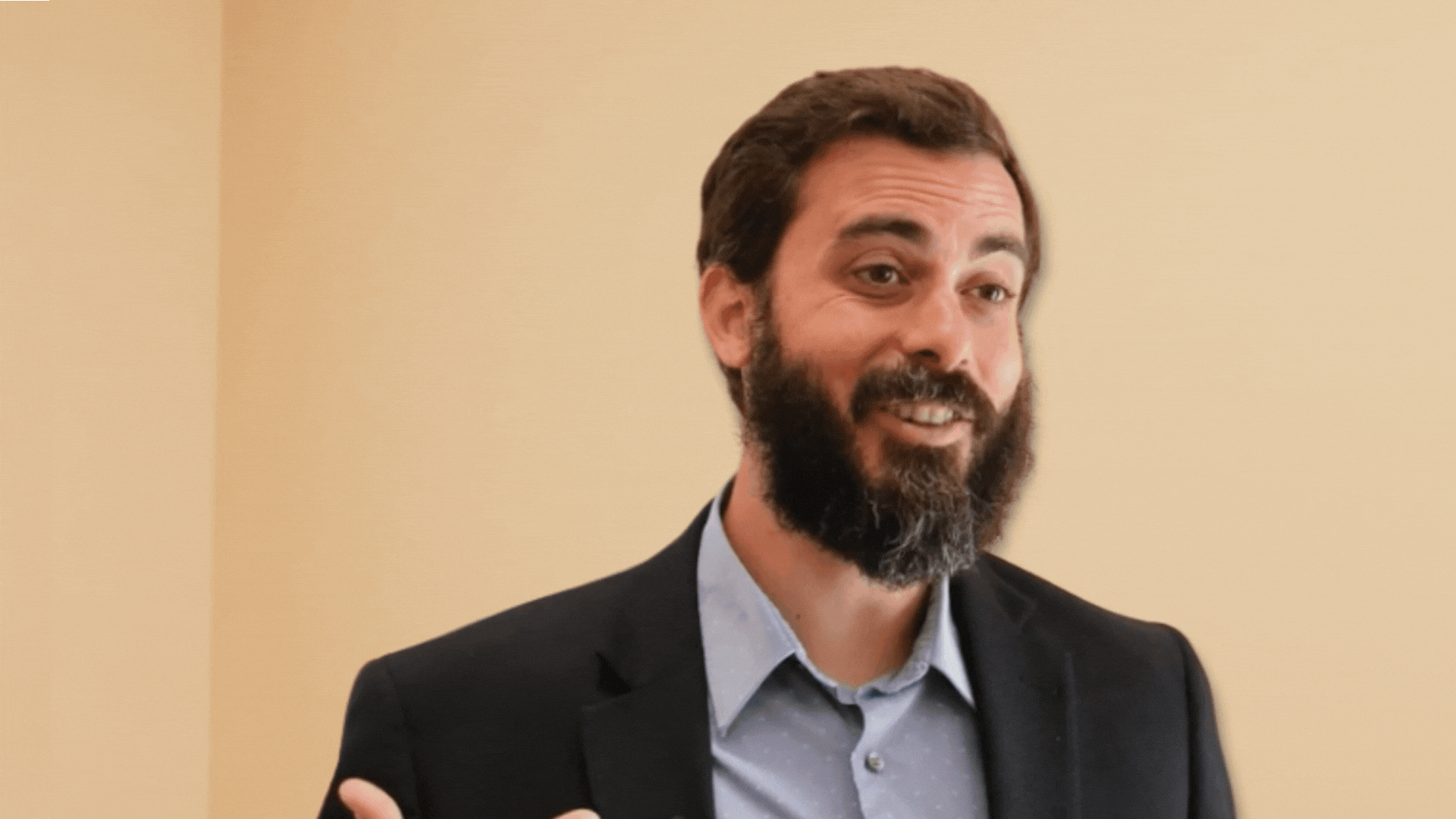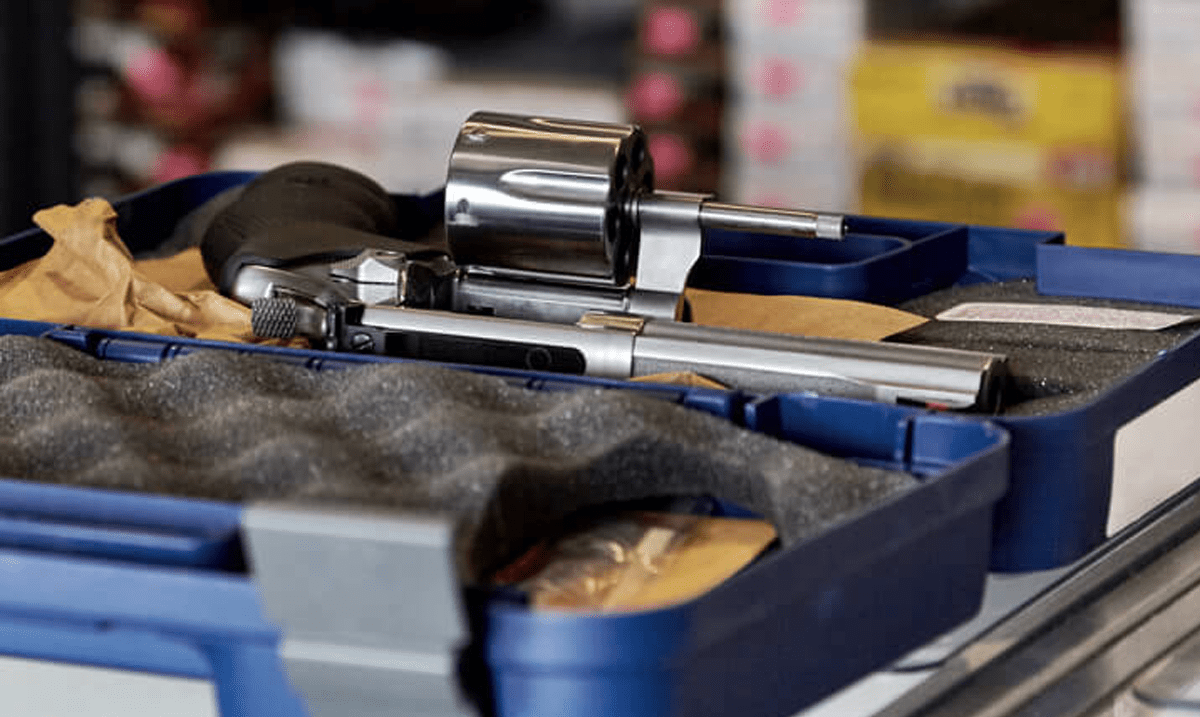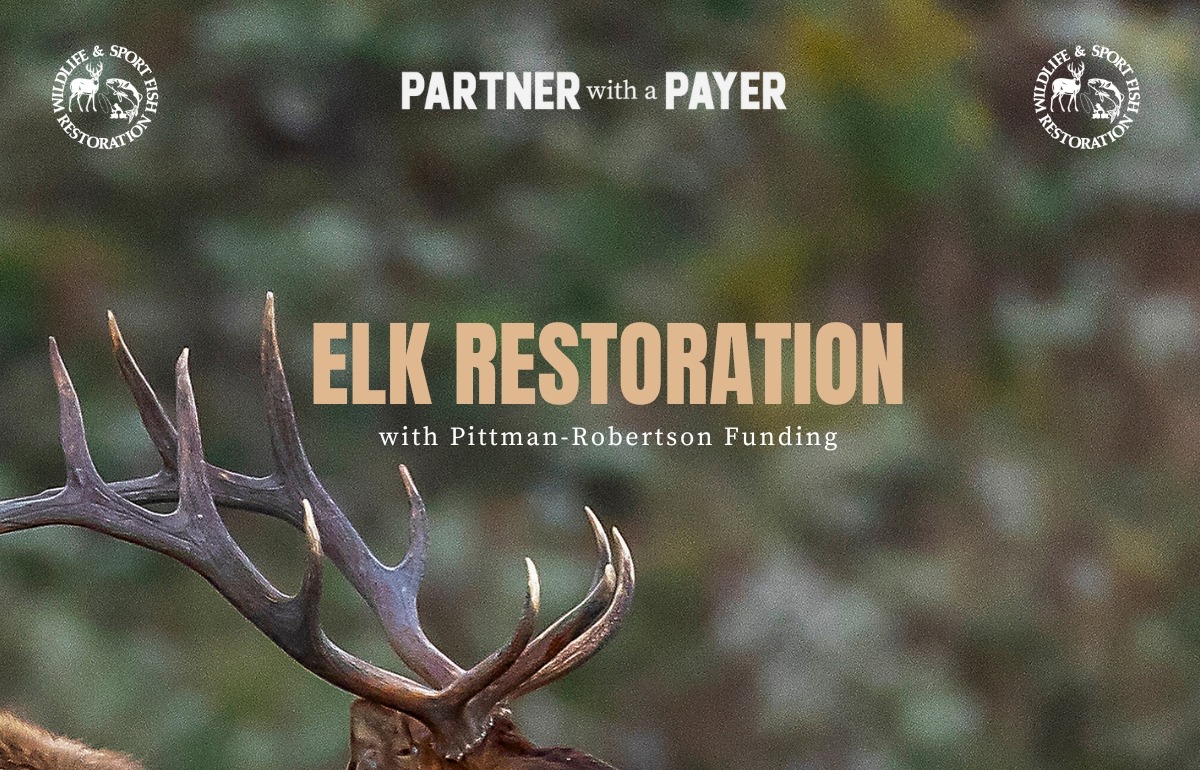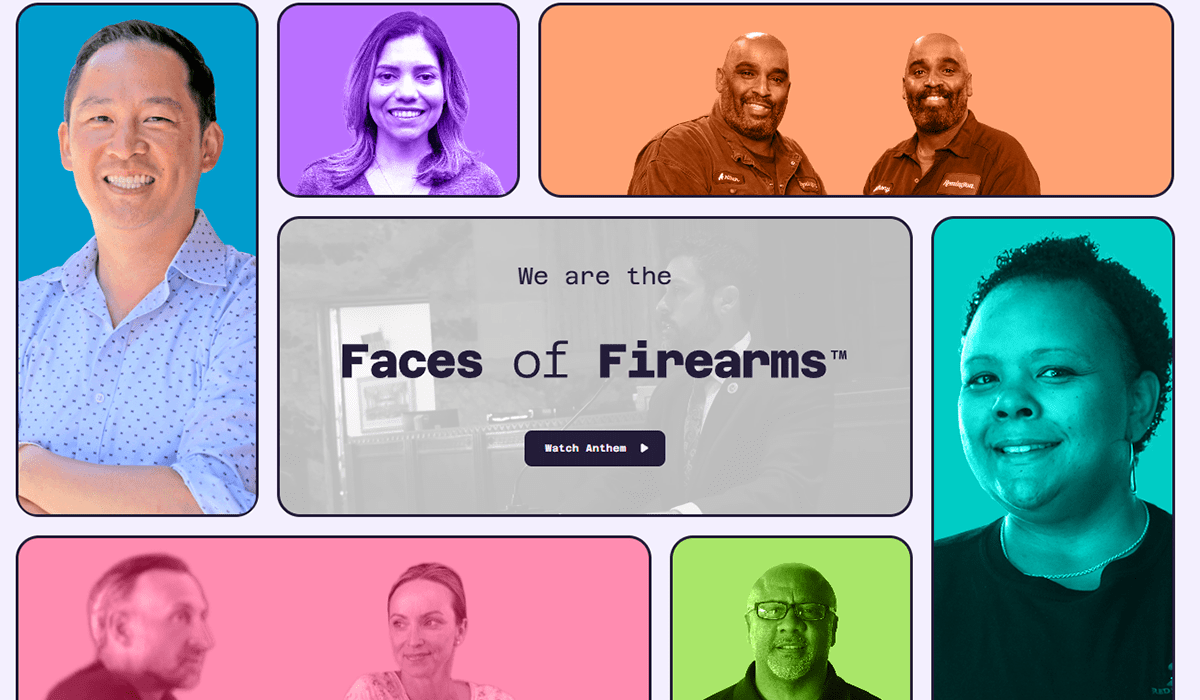 Back to News
Back to News
December 30, 2015
Your State Agency’s New Year’s Resolution
According to NSSF research conducted by Southwick Associates, roughly a quarter of all hunters will not renew their hunting license next year, and nearly half of anglers will not renew. This high turnover, or “churn,” impacts industry sales and conservation funding. To help reduce the high churn rate and improve convenience for customers, the National Shootings Sports Foundation (NSSF) has been encouraging states for the past several years to offering automatic license renewals. In 2015, Florida has become the first state to do so.
The Florida Fish & Wildlife Conservation Commission implemented recreational licensing auto renew functionality to offer customers the option to set eligible fishing and hunting licenses to renew annually without any effort from the customer. Due to a series of bureaucratic, legal and other hurdles, states have often been blocked from storing customers’ credit card numbers and providing automatic license renewals. After several unsuccessful attempts in several states, the Florida Fish and Wildlife Conservation Commission with the help of its license vendor, Brandt Information Services, have overcome these hurdles.
Industry Obstacles
Like every fish and wildlife agency across the United States, the Florida Fish & Wildlife Conservation Commission has been faced with industry challenges associated with participation, license revenue and conservation efforts. Cultural shifts in recreation, technology and interests have decreased consumer interests in outdoor activities, including fishing and hunting. Fish and wildlife agencies must now position themselves to compete with other outdoor activities, retailers and e-commerce outlets using the same resources, personnel and tools.
A Focus on Reactivation: Reducing Churn & Lapses in Licenses
 |
| Customers can turn auto renew on and off for eligible licenses by sliding the switch. Customers can manage auto renew settings, stored payment methods and more. |
A primary concern of fish & wildlife agencies is the loss of retention of existing customers who have previously purchased a recreational license. With the costs of attracting new customers being double or triple that of reactivating existing customers, engaging existing participants can offer agencies increased participation and revenue and decreases in churn with minimal effort.
To support reactivation efforts, the Florida FWC partnered with their licensing vendor, Brandt Information Services, to implement auto renew functionality to allow customers to easily and automatically renew their annual fishing or hunting licenses online.
Tokenization: Protecting Customer Data & Securely Processing Transactions
Tokenization Explained
 |
| The process of tokenization protects credit card information while enabling customers to automatically renew their licenses. |
Using tokenization technologies, auto renew functionality allows customers to store their desired payment method for auto renew transactions without risking exposure to data breaches. The tokenization process converts the credit card number to a 4 digit token that matches the last 4 digits of a customer’s credit card number – meaning credit card numbers are never stored in the licensing system. That credit card token is valid only across the solution’s designated credit card processor and IP address, and tokens are useless if stolen since they only contain the last 4 digits of the credit card. The tokenization approach mitigates security issues, maintains Payment Card Industry (PCI) Level 1 Compliance, and eliminates the storage of cardholder data on state systems.
Results
National Impacts
 |
| Customers in 47 of 50 states have registered for auto renew in Florida. |
Since the implementation of auto renew functionality in October 2015, results have found staggering success that has exceeded the expectations of the fish and wildlife industry.
In less than 60 days:
- Over 16,000 customers have registered for auto renew
- Over 25,000 licenses have been set to auto renew.
- Customers in 47 of 50 states have registered for auto renew in Florida.
- Customers who have registered for auto renew have an average license lapse of 227 days. (Some lapse periods exceeded 5 years or longer.)
New Year, New Opportunity
Easing the Licensing Process
 |
| Florida connected with license buyers to let them know that they could now enroll in auto-renewal. |
2016 is a new year and for Florida Fish and Wildlife Conservation Commission, the opportunities seem bright. New technologies are continuing to evolve that can help us better manage our R3 challenges. As you make plans for the upcoming licensing and hunting seasons, consider evaluating your state’s licensing process to see if there are some challenges that you can address. Ask a colleague or friend to walk through your licensing process and identify any constraints that might prohibit a hunter from making that purchase. Would a lay-person understand the terminology used to describe your licensing types? Can a customer purchase a license from their mobile device? Perhaps auto-renewal isn’t the first thing you can tackle, but there may be some other things you can do to simplify the licensing process.
Let’s make 2016 a year of progress in the R3 realm and join Florida Fish and Wildlife in celebration of accomplishments for the year. Stay tuned to NSSF’s R3 blog as we highlight other state’s accomplishments this year and share strategies to help you address your hunting and shooting sports R3 challenges.
Categories: R3









